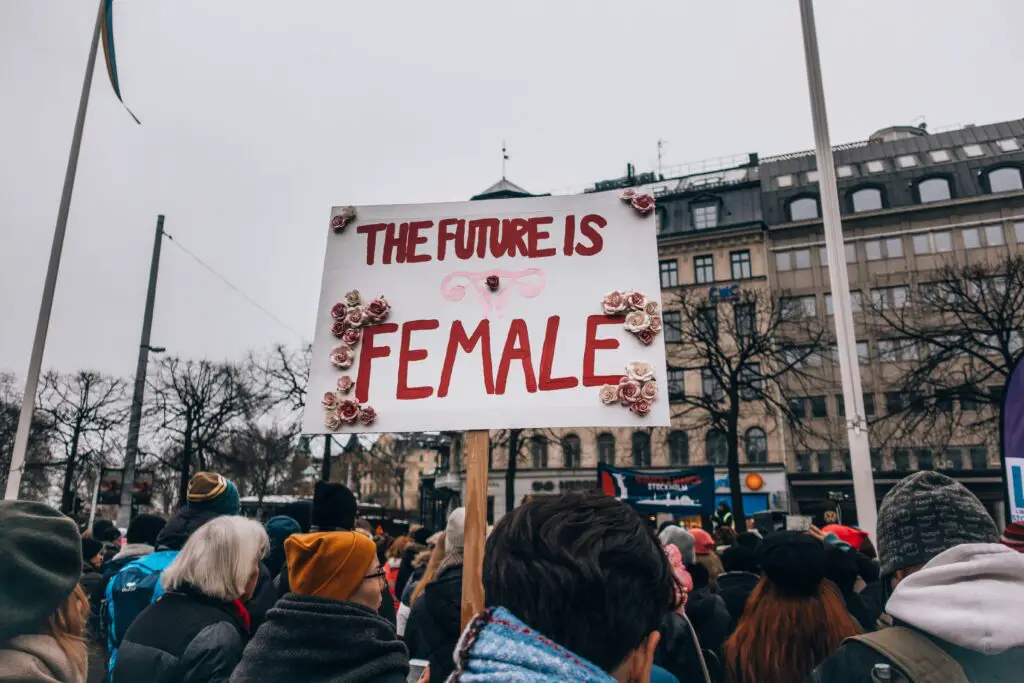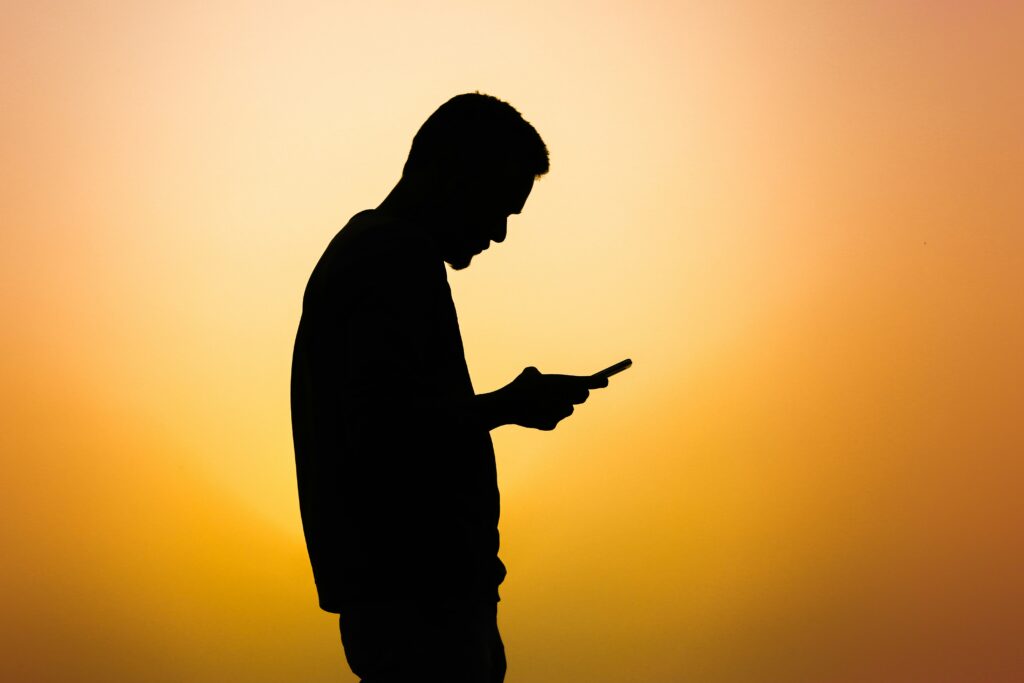Related Posts
On November 5th, 2024, Millions of Americans stood idly by their phones, computers, and TVs to follow the ongoing election. For some, it was a night of hope and optimism. For others, it was a night of fear and unease. After a long-fought race, Candidate Donald Trump ultimately won over the electoral college. The results sealed his place as the 47th president of the United States. While many dread the changes Trump has proposed for the American government, others expressed shock by the resurgence of misogynistic rhetoric, such as the phrase “your body, my choice,” and the violence women experienced in the days following the election.
‘Your Body My Choice’ and Other Violence Toward Women
About a month before election night, the phrase “your body, my choice” began to popularize on social media platforms. The phrase is a bastardization of the feminist saying, “my body, my choice.” Reports showed that, following election night, this phrase spiked in usage across most social media platforms. This led many women to conclude that their fears of the election results were coming true right in front of their eyes.
Other similar misogynist phrases, such as “get back to the kitchen” or “better seen, not heard,” also started popping up on social media. Some users even made posts calling for the repeal of the 19th Amendment, one that grants women the right to vote.
Tragically, more women have shared stories of experiencing hatred and violence through these phrases. Shockingly, some of these cases are even happening away from social media. One school has already had to release warnings to parents regarding the use of “your body, my choice” in schools.
In the words of the superintendent of Stevens Point School District in Wisconsin, “It is simply unacceptable for students to use any language that is threatening in nature. Any students found to have violated school district policy will be subject to disciplinary action.”
Even the future president has been heard making harrowing comments regarding women. In a recent statement by Donald Trump, he claimed that he would “protect women whether they like it or not.”
Responses to Hatred Towards Women

Despite the abundance of hate speech and violent rhetoric seen recently, many have been speaking publicly on the issue. Ayanna Pressley, a congresswoman from Massachusetts, recently released a statement to raise awareness of the issue. She says:
“As members of the Democratic Women’s Caucus, we are deeply alarmed by the recent increase in online abuse directed at girls and women. Since Election Day, we have witnessed a troubling rise in hateful, sexist, and misogynistic rhetoric, including the disturbing use of the phrase ‘your body, my choice.”
She continues by adding, “This spike in harmful language online is also showing up in the hallways of our schools. We encourage parents and administrators to engage in meaningful conversation and help all children understand that this language is threatening and unacceptable.”
In addition to public figures making statements, women across the country have responded to the issue in various ways. Some have been highlighting and advocating for the 4B movement. The movement originated in South Korea as a form of protest against violence towards women. As a part of the movement, women are swearing off men, including dating, having sexual relations, and even marriage. The movement isn’t necessarily widespread, but it has started many conversations regarding the treatment and power of women.
Many have also pointed out Trump’s history and his proposed cabinet members. With many members of his cabinet, including Trump himself, having sexual assault allegations against them, women feel more than uneasy as we near inauguration day. In addition to his other charges, many are enraged about his behavior.
People of Color Facing Hatred As Well Following The Election

In addition to hatred faced by women, people of color have also experienced a surge of violent rhetoric. Most notably, black people across the country have received anonymous text messages with hateful, racist speech. These texts directly address people by name, claiming they have been selected to “pick cotton at the nearest plantation.”
At least 30 states have reported text messages like these. Encryption servers have processed many of the messages, making it nearly impossible to track them down. Many of the people receiving messages are black and brown people who are of college age or younger. For instance, numerous high-school parents have come forward with text messages their children have received throughout the school day. In addition to texts, messages have been reported stemming from numerous social media platforms.
Authorities believe the anonymous messengers are using coding platforms to send mass texts to people across the country. The messengers likely purchased personal data, which they use to find names and contact information.
Moving Forward to Inauguration Day
With the hate towards women and people of color increasing in the country, it is important to focus on the important things. Despite the surge of hatred, many are coming forward with stories of connection and community in these trying times. You are not alone if you feel weary as the country moves toward inauguration day. While it may be tempting to follow the news and development of the “your body, my choice” epidemic, many are suggesting taking time off social media to relax and recuperate.

